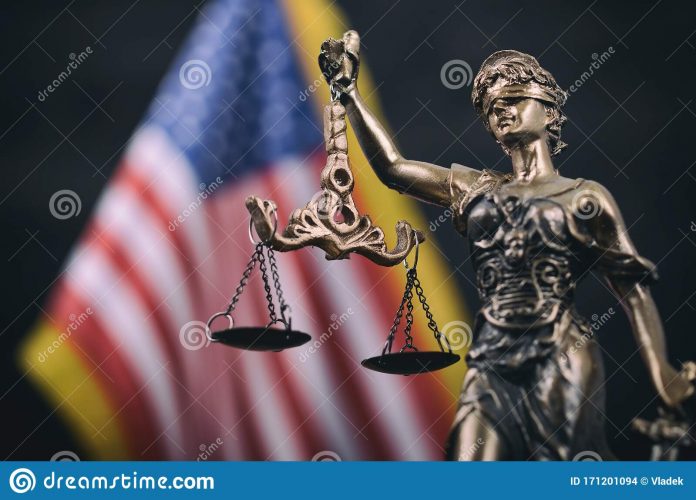Why does a Nation that is not a Democracy, continually Pontificate about “Preserving Our Democracy”?
JOE J. WALLACE FEATURE WRITER FOR THE CITY-COUNTY OBSERVER
JULY 25, 2024
To understand this, we must first dissect the concept of democracy and its various implementations. Democracy, in its simplest form, refers to a system of government where power is vested in the people, typically through elected representatives. However, the purest form of democracy, direct democracy, where citizens vote on all matters directly, is rare and often impractical on a large scale. Most modern democracies are representative democracies, where citizens elect officials to make decisions on their behalf.
The idea of defending democracy in a non-democratic nation often involves promoting democratic principles such as political pluralism, free and fair elections, the protection of human rights, and the rule of law. However, these principles can be at odds with the existing political structure and cultural norms of a non-democratic nation.
For example, consider a country with an authoritarian regime where power is concentrated in the hands of a single leader or a small group. In such a context, advocating for democracy might involve pushing for greater transparency, accountability, and public participation in governance. This could include efforts to establish or strengthen institutions that can serve as checks and balances on the government’s power, such as an independent judiciary, a free press, and civil society organizations.
However, promoting democracy in a non-democratic nation is fraught with challenges. There may be deep-seated resistance from those in power who fear losing their privileged position. Additionally, there may be cultural and historical factors that make democratic principles seem foreign or undesirable to the population. In some cases, external attempts to promote democracy can be perceived as meddling or imperialism, further complicating efforts to foster democratic change.
Moreover, the notion that democracy is inherently fair and just is itself subject to scrutiny. Democracies can be flawed, with issues such as voter suppression, corruption, and the influence of money in politics undermining their fairness and effectiveness. The idea that democracy is the best form of government is not universally accepted, and in some contexts, it may be seen as less viable or less desirable than other forms of governance.
In non-democratic nations, the concept of defending democracy can also involve protecting the rights of individuals to express dissent and engage in political activities without fear of repression. This includes advocating for the rights of marginalized groups and ensuring that all citizens have a voice in the political process. It can also mean supporting grassroots movements that seek to bring about democratic change from within.
Ultimately, defending democracy in a nation that has never been a democracy requires a nuanced and context-specific approach. It involves understanding the unique political, social, and cultural dynamics at play and working to promote democratic principles in a way that is respectful and supportive of the nation’s sovereignty. It also requires patience, as democratic change is often a slow and incremental process.
The United States, with its foundation as a republic that values the rule of law, can play a role in supporting democratic movements abroad. However, this support must be carefully calibrated to avoid the perception of imposing democracy from the outside. Instead, the focus should be on empowering local actors and institutions that can organically promote democratic values and practices.
In conclusion, defending democracy in a non-democratic nation is a complex and multifaceted endeavor. It involves promoting democratic principles, supporting the rights of individuals, and fostering institutions that can serve as checks on power. While democracy may not be a one-size-fits-all solution, the core values of political participation, accountability, and the protection of human rights remain crucial in the pursuit of just and effective governance.






People conflate the term democracy.
They mean well. They actually mean preserving our “ democratic method” of governing in our republic.,
The democratic method simply means majority rule, how elect office holders, taxation, etc.
Seems some now some want to abandon democratic methods because a majority of citizens choose a government contrary to “ their” ideals. They say they would rather burn it down, than honor a secure election result and try to win the next election.
The left conflate the tem democracy because they want to do away with the electoral college and have commie California and New York elect their president…….. instead of the Republic states having a say …….
The left conflate the term democracy because they want to do away with the electoral college and have commie California and New York elect their president…….. instead of the Republic states having a say …….
Comments are closed.